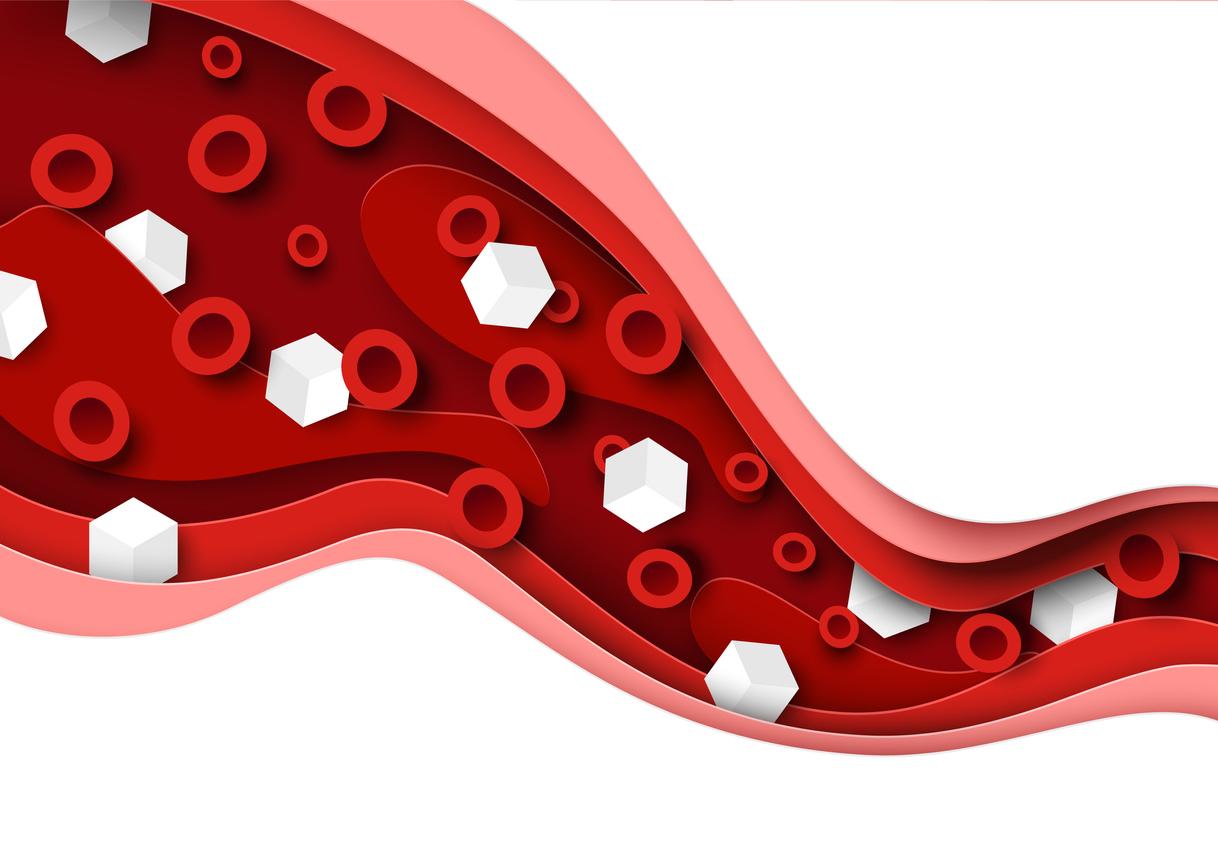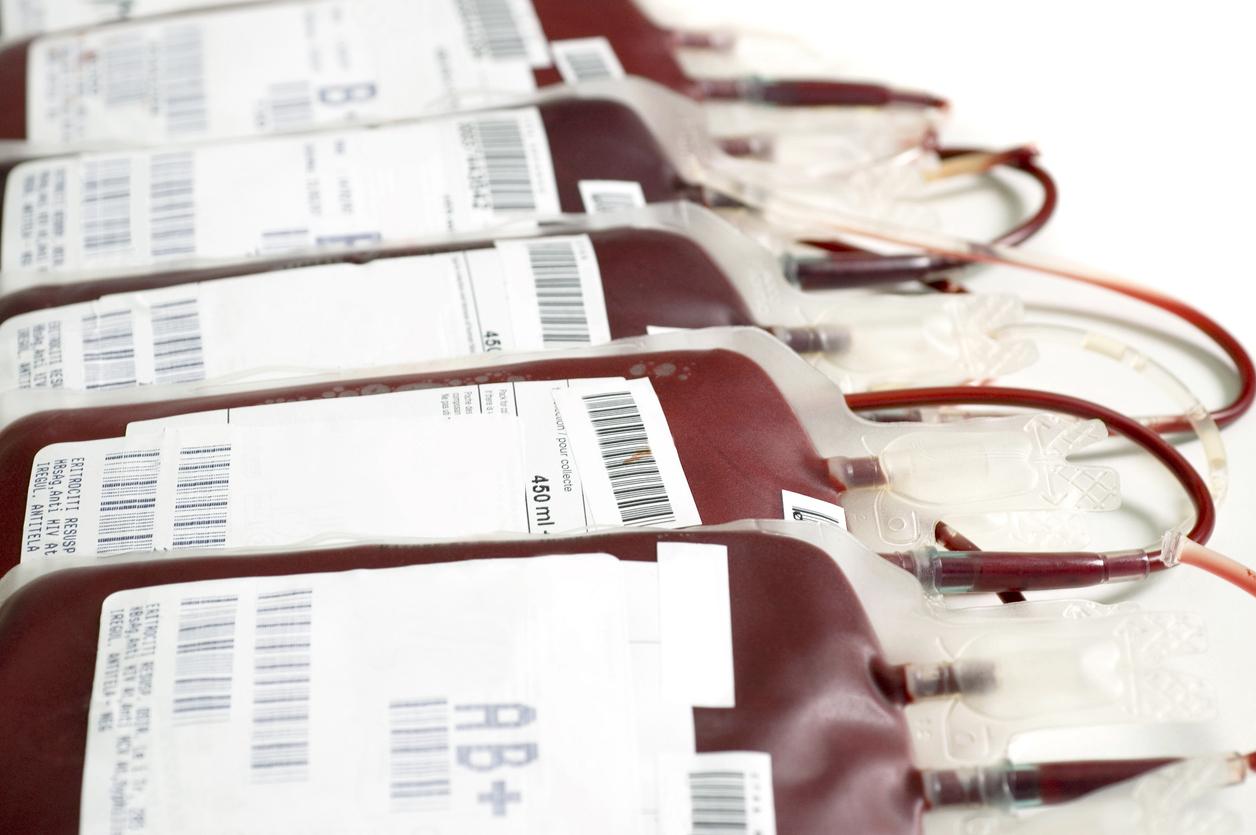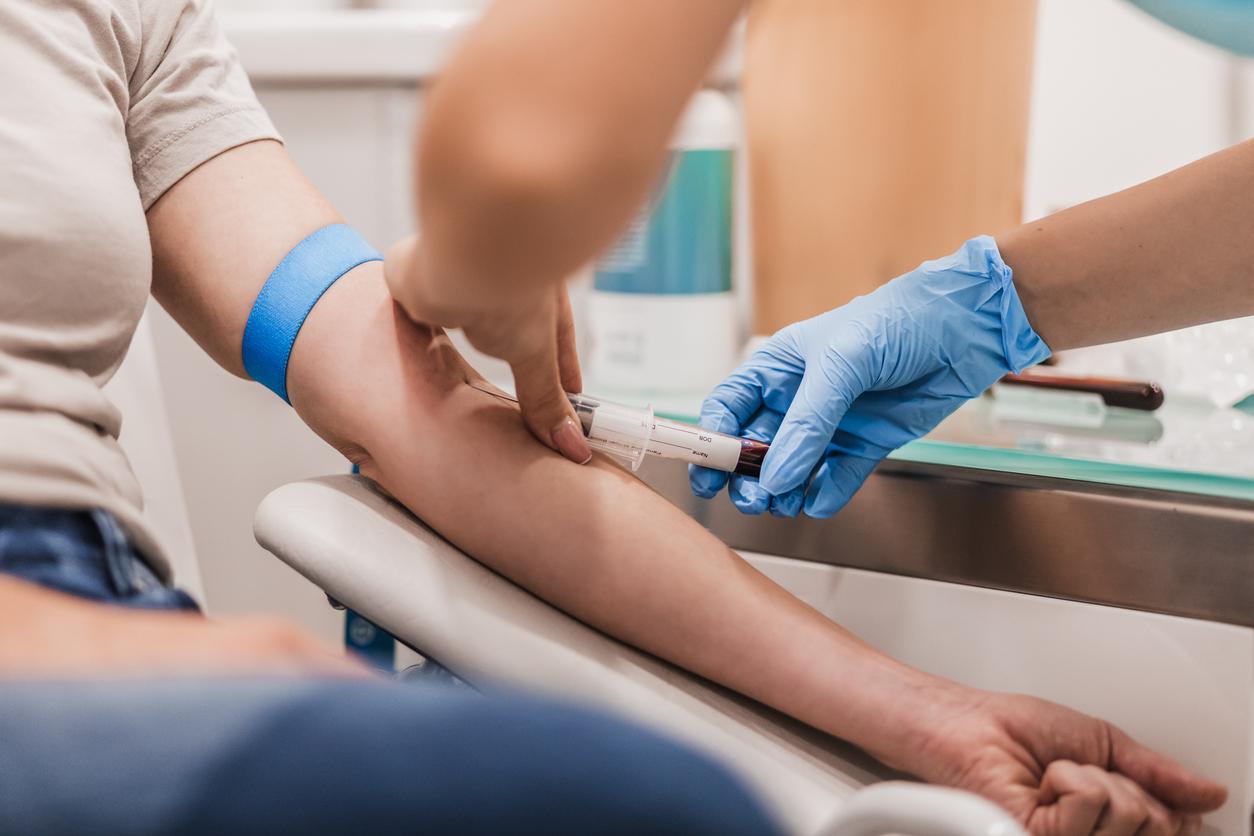The search for 2 natural biomarkers linked to multiple sclerosis would allow a possible diagnosis from a blood sample, according to the results of a study published in the medical journal Analytical Methods.
This new process could avoid the invasive and painful procedure of collecting fluid from the brain and spine.
Researchers at the University of Huddersfield in the United Kingdom have set up a system for detecting multiple sclerosis with a blood test capable of identifying the two natural biomarkers of the disease, sphingosine and dihydrosphingosine. They are present at significantly lower concentrations in blood samples from patients with SEP.
Further studies are to be carried out
To achieve these results, the researchers used chemometric software that can compare the concentrations of all the compounds between the different samples and analyze the most significant differences, in order to identify the diseases and find the diagnoses.
“The detection of these sphingolipids in blood plasma allows the non-invasive monitoring of these and related compounds,” explain Professors Michael Page and Nicholas Powles from the University of Huddersfield. “Beyond the diagnostic tool, this research, which allows us to better understand the role of the 2 compounds, could contribute to the development of new drugs”.
If the results of this study are encouraging and suggest painless and minimally invasive detection tests, researchers must set up new studies to confirm the effectiveness of this process for a reliable diagnosis of the disease. multiple sclerosis.
Read also:
An effective antidepressant against multiple sclerosis?
Multiple sclerosis, a female disease
Multiple sclerosis: the benefits of sport demonstrated

















